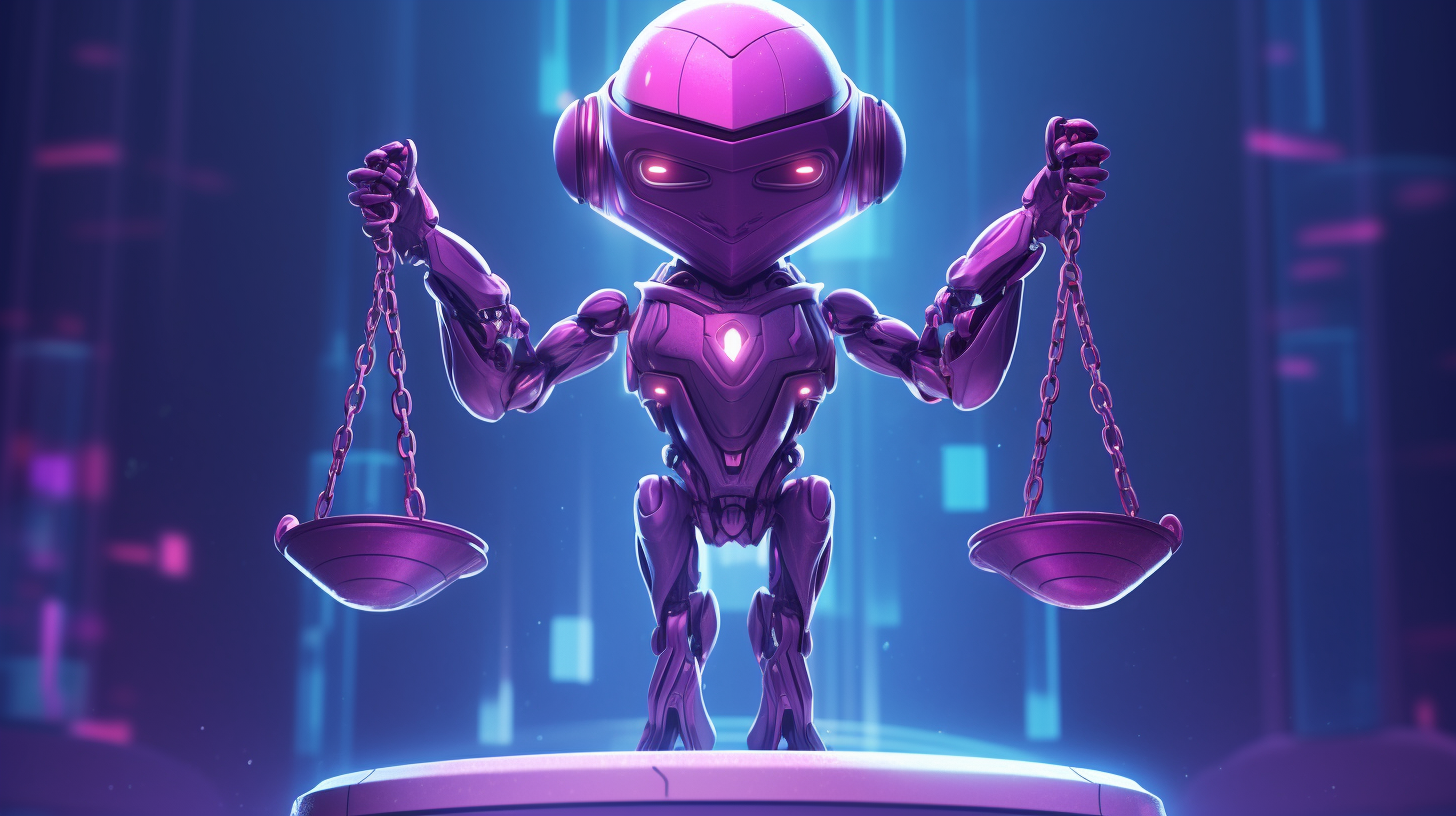
The AI Act: The Simplified Version
Imagine a world where robots do everything for us – drive our cars, answer our quirkiest questions, and even make our morning coffee. Cool, right? Well, it’s already here thanks to AI, or artificial intelligence. But as with any superpower, there’s a flip side. That’s where the AI Act comes in.
The Good Sides of the AI Act
Protects our personal information: The AI Act is like a privacy superhero. It ensures our data is safe and that we can trust AI with our information.
Ensures AI respects our values: The AI Act makes sure AI is used in a way that respects human rights. It’s like AI has a built-in ethical guidebook.
Clarifies who’s responsible when things go wrong: If something goes wrong with AI, the AI Act determines who’s to blame. This builds our trust in AI and encourages its responsible use.
The Not-So-Good Sides of the AI Act
Could limit innovation: The AI Act could act as a brake on the speed at which AI evolves. It’s like asking Flash (the superhero, not the software!) to slow down. This could make EU companies less competitive compared to those in countries without the same regulations, like the US.
Enforcement could be a challenge: With all the different countries in the EU, enforcing the AI Act could be as tricky as making an omelette without breaking eggs. There could be different interpretations of the law, which could make achieving its aim of safe, ethical, and trustworthy AI difficult.
What Now?
The AI Act is a bit like a double-edged sword. It has plenty of superpowers, like protecting our privacy and promoting responsible use of AI. But it could also slow down innovation and be tough to implement across the EU. What matters is how it’s enforced.
As AI continues to evolve and change our world, it’s important to discuss how we can all benefit from it. The AI Act is an important step in this discussion. Only the future will tell how this will pan out. So, stay tuned!





